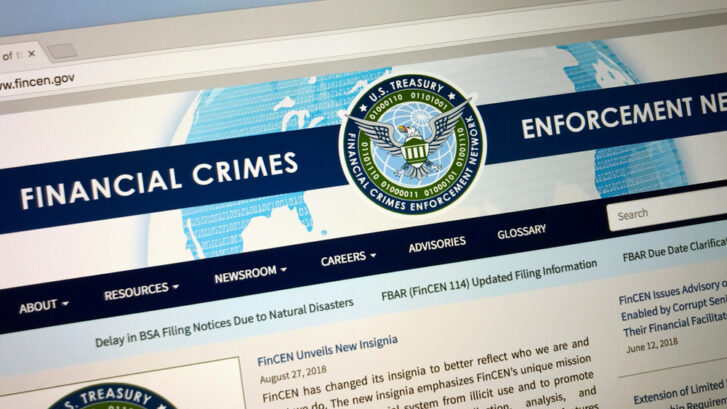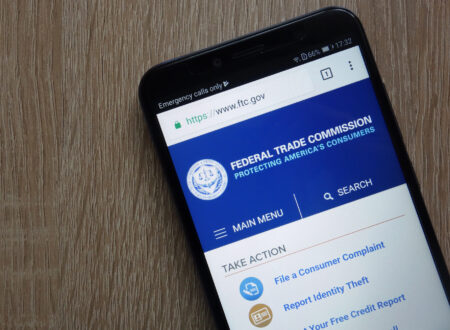FinCEN (the U.S. Department of Treasury’s Financial Crimes Enforcement Network) recently issued a Notice of Proposed Rulemaking, adding a new reporting requirement of beneficial ownership information (BOI).
The proposed rule and the final regulations, when issued, target small companies and businesses where someone has 25% control, with 20 or fewer full-time employees, less than $5 million in gross receipts and an operating presence in the U.S. The proposed rule describes who must file a BOI report, what information must be reported and when a report is due. Specifically, the proposed rule would require reporting companies to file reports that identify the beneficial owners of an entity and individuals who have filed an application with specified governmental or tribal authorities to form an entity or register it to do business.
For entities that are active and in existence now, the BOI reports are due within 1 year of the effective date of the final regulations. Entities that are formed after enactment of the regulations will have 14 days from their formation or registration with a state or tribal authority to file their report. Reporting entities will include domestic and foreign limited liability partnerships, limited liability limited partnerships, business trusts and most limited partnerships in addition to corporations and LLCs. It is unclear if other legal entities that do not file or register with a secretary of state or similar office will be excluded. There is a list of 23 types of exempted entities, including governmental authorities, banks, credit unions, brokers or dealers in securities, venture capital fund advisors and tax-exempt entities, that will not have to file BOI reports.
The failure to file a BOI report could bring with it a civil penalty of $500 per day, up to $10,000, and two years of imprisonment. FinCEN will have authority to investigate reporting violations.
A reporting company would need to report its name, any trade name, the business street address, the state or tribal jurisdiction of formation or registration, and the Taxpayer Identification Number (TIN). In the absence of a TIN, a reporting company would need to report either a Dun & Bradstreet Data Universal Numbering System (DUNS) number or a Legal Entity Identifier (LEI). Additionally, a reporting company would be required to report the name, birthdate, address, and an image and unique identifying number from an acceptable identification document for each of its beneficial owners and company applicants. An individual can provide their BOI to FinCEN and obtain a “FinCEN identifier,” which can then be provided to FinCEN in lieu of other required information about the individual.
A beneficial owner includes any individual who (1) exercises substantial control over a reporting company or (2) owns or controls at least 25% of the ownership interests of a reporting company. Substantial control is defined to include anyone who can make significant decisions on behalf of the entity and the proposed regulations specifically include service as a senior officer, authority over the appointment or removal of a senior officer or board of directors, control over a variety of important matters, or any other form of substantial control.
A company applicant is the individual who files the document that forms the entity or first registers the entity to do business in the United States. In both cases, anyone who directs or controls the filing of the relevant document would also be a company applicant.
Although it is unclear when final regulations will be issued, companies should consider their responsibilities and take steps to facilitate collection of beneficial owner information and filing of reports since the reporting requirements will be implemented soon after they become effective.
Ultimately this proposed rule and the final regulations, when issued, are intended to stop bad actors from using legal entities or other corporate structures to hide illicit funds. The new reporting of BOI to FinCEN, law enforcement, financial institutions, and other authorized users (to be defined in the future) will provide these agencies and institutions with access to information that can help prevent money laundering, tax fraud, corruption and the financing of other illicit activities.







